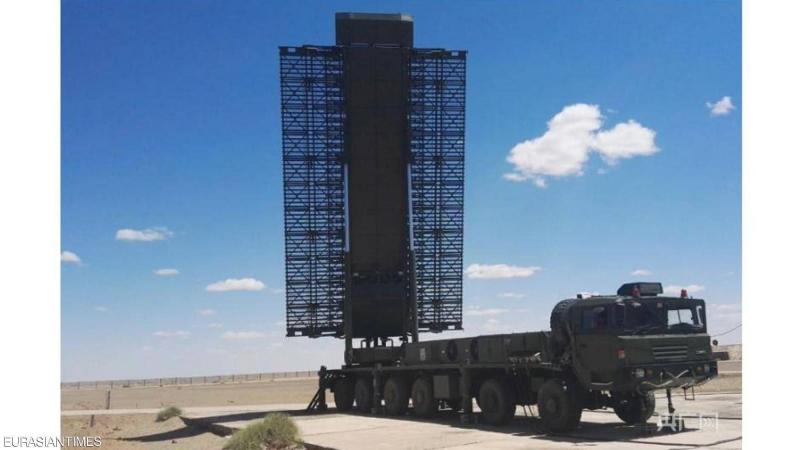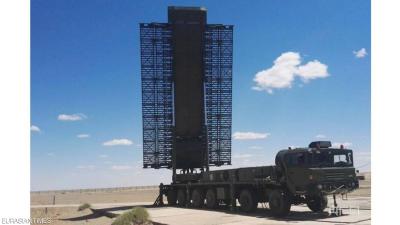Under the title "China Reveals 'Super Radar'... and 'American Ghosts' Are in Trouble," Sky News reported that amid rising tensions between China and the United States, Beijing is devoting efforts to counter aircraft capable of evading radar detection, recently unveiling "super" technology.
At the Zhuhai International Airshow held days ago, China announced a radar described as "anti-stealth," meaning it can detect aircraft capable of hiding from enemy eyes, which gives its military a crucial relative advantage. According to the American journal "National Interest," the Chinese radar "YLC-8A" poses a significant challenge to the American fighter jets "F-35" and "F-22," known for their stealth capabilities.
The journal added that the new Chinese radar produced by the China Electronics Technology Group will enable tracking the locations of enemy stealth aircraft, even those capable of hiding. China's efforts to confront stealth aircraft began in early 2020, with the state-run Global Times promoting Beijing's rapid development of such technologies.
According to the newspaper, "a dense network of radars can be deployed on land and at sea in a way that leaves enemy stealth aircraft no place to hide." These developments coincide with increased tension between Beijing and Washington, as the U.S. Navy announced on Thursday that one of its nuclear-powered submarines collided with an unidentified object days ago while patrolling international waters in the South China Sea, a key area of conflict between the two superpowers.
China claims sovereignty over most of the resource-rich sea, which is a vital route for international maritime trade, with goods worth trillions of dollars passing through it each year. Beijing has established military sites on islands and reefs in the area, which seem to prepare for potential conflict. However, China's claims clash with similar demands from Brunei, Malaysia, the Philippines, Taiwan, and Vietnam—all U.S. allies.
The United States and its allies conduct regular patrols in the international waters of this region to ensure freedom of navigation, provoking China's anger.




